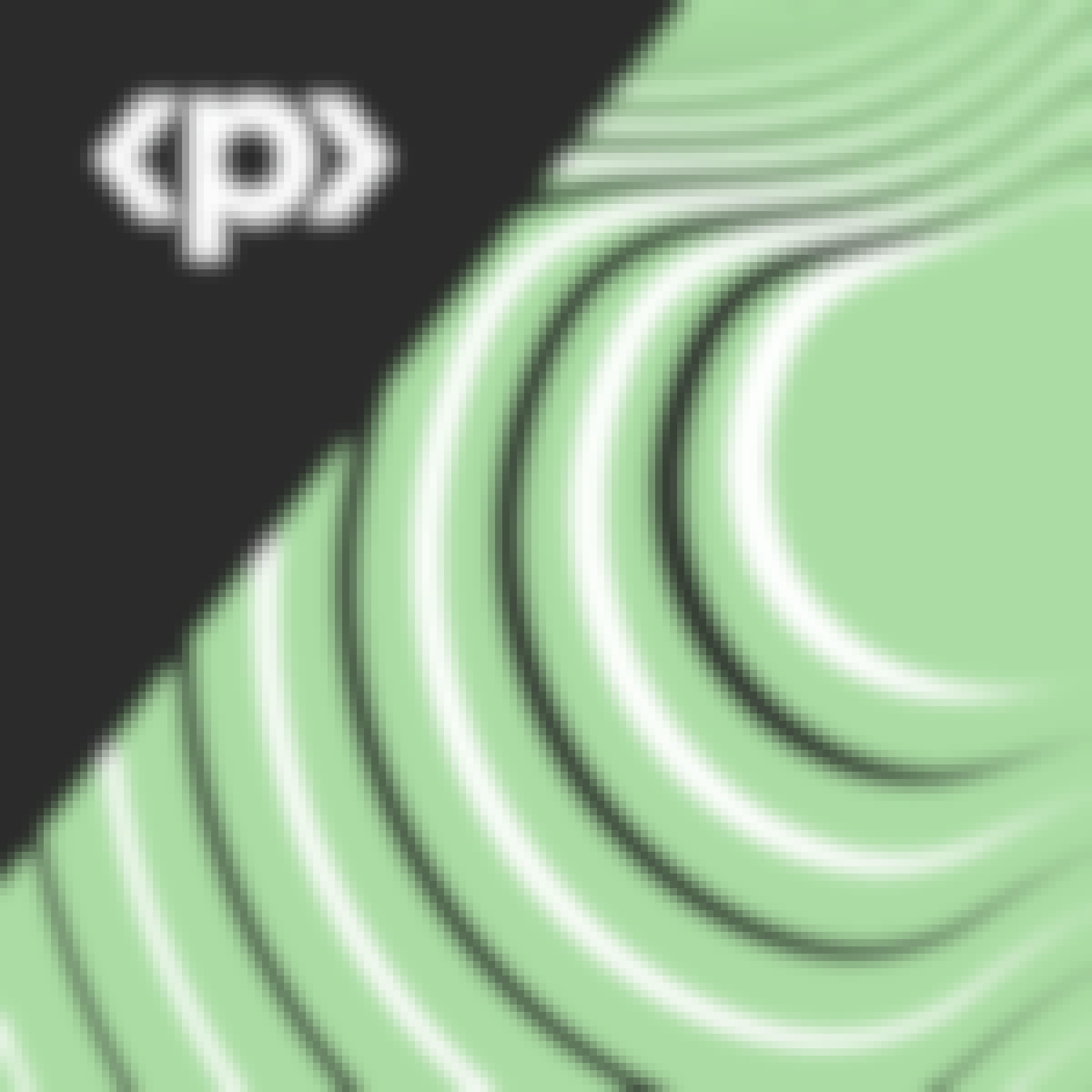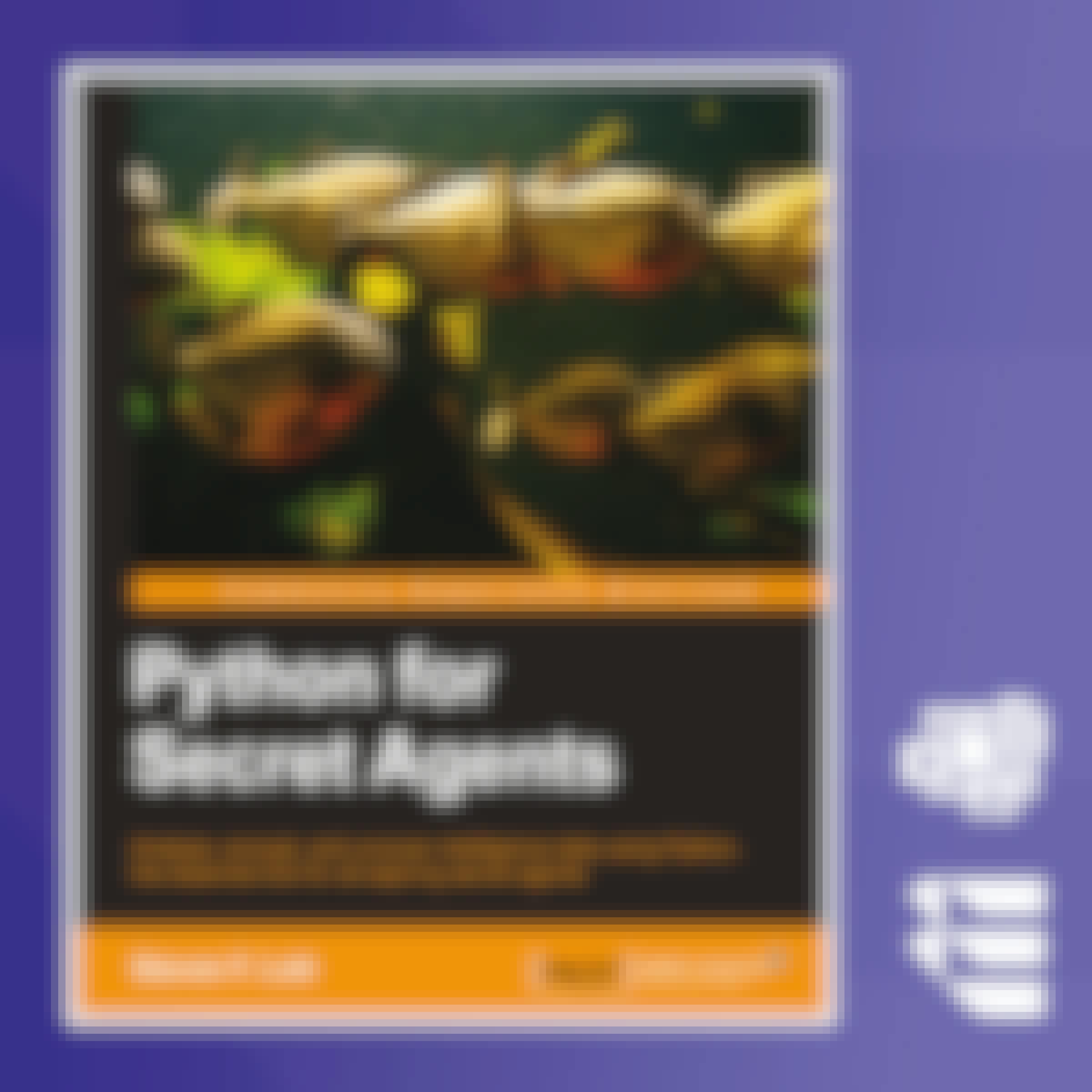- Browse
- Computer Programs
Results for "computer programs"
 Status: NewNewStatus: Free TrialFree Trial
Status: NewNewStatus: Free TrialFree TrialSkills you'll gain: Security Testing, Application Security, Open Web Application Security Project (OWASP), Software Testing, Secure Coding, Test Tools, Regression Testing, Unit Testing, Penetration Testing, Security Controls, Computer Security, Test Driven Development (TDD), Debugging, User Acceptance Testing (UAT), Computer Programming, Python Programming, Node.JS, Information Privacy, JavaScript Frameworks, Javascript
Mixed · Course · 1 - 4 Weeks
 Status: NewNewStatus: Free TrialFree Trial
Status: NewNewStatus: Free TrialFree TrialSkills you'll gain: Cyber Threat Intelligence, MITRE ATT&CK Framework, Network Security, Cyber Threat Hunting, Threat Modeling, Threat Detection, Cybersecurity, Threat Management, Cyber Security Assessment, Operating System Administration, Cyber Attacks, Hardening, Intrusion Detection and Prevention, Cyber Engineering, Malware Protection, Vulnerability Management, Vulnerability Assessments, Incident Response, Network Monitoring, Incident Management
Beginner · Course · 1 - 4 Weeks
 Status: NewNew
Status: NewNewMixed · Course · 1 - 4 Weeks
 Status: NewNewStatus: PreviewPreview
Status: NewNewStatus: PreviewPreviewSkills you'll gain: Embedded Software, Embedded Systems, Pseudocode, Hardware Architecture, Computer Architecture, Software Design, Systems Design, Software Design Patterns, Systems Integration, Programming Principles, Event-Driven Programming, Program Development, Real Time Data, Peripheral Devices
Beginner · Course · 1 - 4 Weeks
 Status: Free TrialFree Trial
Status: Free TrialFree TrialSkills you'll gain: Blockchain, Digital Assets, FinTech, Business Strategy, Strategic Decision-Making, Governance, Financial Services, Financial Regulation, Ledgers (Accounting), Work Breakdown Structure, Project Implementation, Business Modeling, Banking Services, Financial Systems, Project Design, Solution Design, Cryptography, Design, Emerging Technologies, Payment Systems
4.7·Rating, 4.7 out of 5 stars1K reviewsBeginner · Specialization · 3 - 6 Months
 Status: NewNewStatus: Free TrialFree TrialC
Status: NewNewStatus: Free TrialFree TrialCCoursera
Skills you'll gain: Storytelling, Case Studies, Canva (Software), Digital Design, Visual Design, Content Creation, Portfolio Management, Target Audience, Design Strategies, Layout Design, Goal Setting, User Experience Design, Graphic and Visual Design
Beginner · Course · 1 - 4 Weeks
 Status: NewNewStatus: PreviewPreviewI
Status: NewNewStatus: PreviewPreviewIIndiaAI
Skills you'll gain: Generative AI, Responsible AI, Data Ethics, Prompt Engineering, Artificial Intelligence, LLM Application, AI Enablement, ChatGPT, AI Workflows, Machine Learning
4.6·Rating, 4.6 out of 5 stars10 reviewsBeginner · Course · 1 - 3 Months
 Status: Free TrialFree TrialU
Status: Free TrialFree TrialUUniversity of Colorado System
Skills you'll gain: Data Encryption Standard, Public Key Infrastructure, Cryptography, Public Key Cryptography Standards (PKCS), Brute-force attacks, Key Management, Advanced Encryption Standard (AES), Encryption, Data Integrity, Information Systems Security, Cybersecurity, Authentications, Information Assurance, Data Security, Theoretical Computer Science, Computational Logic, Algorithms
4.6·Rating, 4.6 out of 5 stars910 reviewsIntermediate · Specialization · 3 - 6 Months
 Status: NewNewStatus: Free TrialFree Trial
Status: NewNewStatus: Free TrialFree TrialSkills you'll gain: Selenium (Software), Software Testing, Test Automation
Beginner · Course · 1 - 4 Weeks
 Status: NewNewStatus: Free TrialFree Trial
Status: NewNewStatus: Free TrialFree TrialSkills you'll gain: Software Installation
Beginner · Course · 1 - 3 Months
 Status: Free TrialFree TrialU
Status: Free TrialFree TrialUUniversity of California San Diego
Skills you'll gain: Cryptography, Encryption, Public Key Cryptography Standards (PKCS), Cybersecurity, Arithmetic, Algorithms, Theoretical Computer Science, Computational Thinking, Algebra, Python Programming
4.5·Rating, 4.5 out of 5 stars609 reviewsBeginner · Course · 1 - 4 Weeks
 Status: NewNewP
Status: NewNewPPackt
Skills you'll gain: Geographic Information Systems, Package and Software Management, Scripting, Statistical Analysis, Probability & Statistics, JSON, Image Analysis, Data Validation, Web Scraping, Intelligence Collection and Analysis, Data Analysis, Statistics, Python Programming, Data Processing, Restful API, File Transfer Protocol (FTP), Open Source Technology
Beginner · Course · 1 - 3 Months
In summary, here are 10 of our most popular computer programs courses
- CSC: Secure Software Testing and Maintenance: CertNexus
- Cyber Threats and Network Security Foundations: Edureka
- Blender Geometry Nodes for Beginners - Foliage Scatter: Packt
- Foundations of Embedded Software Design: Coursera
- Blockchain Revolution in Financial Services: INSEAD
- Portfolio Development in Canva: Coursera
- YUVA AI for ALL: IndiaAI
- Applied Cryptography: University of Colorado System
- Master XPath Fundamentals for XML Navigation: EDUCBA
- Introduction to Unity and C# Basics: Packt










